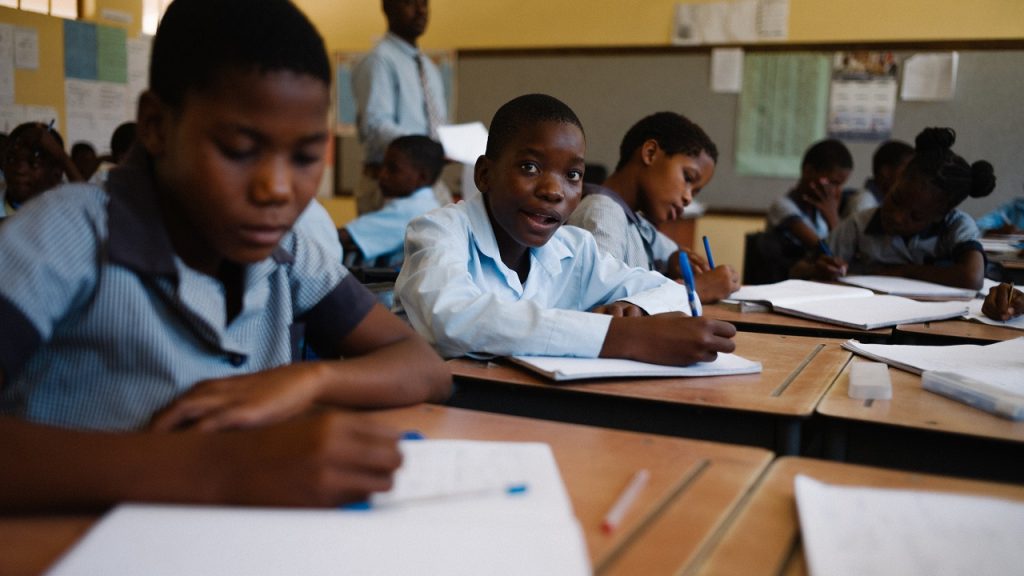
The Group of Seven (G7) meeting that took place in Japan in mid-May proved to be an anticlimax for the diamond trade.
The industry had expected a major announcement to come from the meeting relating to required declarations on the origin of diamonds imported to those countries — an additional measure that would help prevent polished diamonds sourced from Russian-origin rough entering their markets.
While a clear guideline did not emerge, the member nations — Canada, France, Germany, Italy, Japan, the United Kingdom and the United States — pledged to work toward such measures.
“In order to reduce the revenues that Russia extracts from the export of diamonds, we will continue to restrict the trade in and use of diamonds mined, processed or produced in Russia,” the group said after the meeting.
As it stands, the US and the UK have implemented bans on diamonds sourced directly from Russia. However, the sanctions don’t account for “substantial transformation,” and consequently the manufacturing center is regarded as the source. For example, diamonds polished in Belgium, India, Israel or the United Arab Emirates (UAE) from Russian rough can technically be imported to the US.
Implementing such detailed declarations is proving more complicated than originally thought. Creating such mechanisms will take time, as Feriel Zerouki, the De Beers executive who heads the World Diamond Council (WDC), said in a recent panel discussion at the JCK Las Vegas show in early June. These measures would apply to the entire industry, seemingly requiring a disclosure of origin for all diamonds at customs.
“How do we support the [sanctions] without paralyzing the industry and making it very cumbersome for natural diamonds to enter the G7 countries,” Zerouki challenged the Las Vegas audience.
Setting standards
It’s a sensitive point for an already heavily audited industry, and for companies in each segment of the supply chain that would bear the added expense of verifying such information.
It’s also worth noting that the G7 cannot enact such requirements as a bloc. It will be left to each country to implement its own import rules. That said, there does at least seem to be an effort among those countries to apply some consistency in their systems. It was an open secret that members of various governments and industry bodies met in Las Vegas during the show to advance these discussions, which presumably covered a wide spectrum of industry-related issues.
Central to the talks must surely be the practicality of such declarations. What mechanisms are available to the industry that would facilitate traceability? And who verifies that these initiatives meet the required standards? And on what are those standards based?
The trade has at its disposal industry structures as well as company programs that tackle the challenge of traceability and source verification — although arguably nothing is foolproof.
See full article here